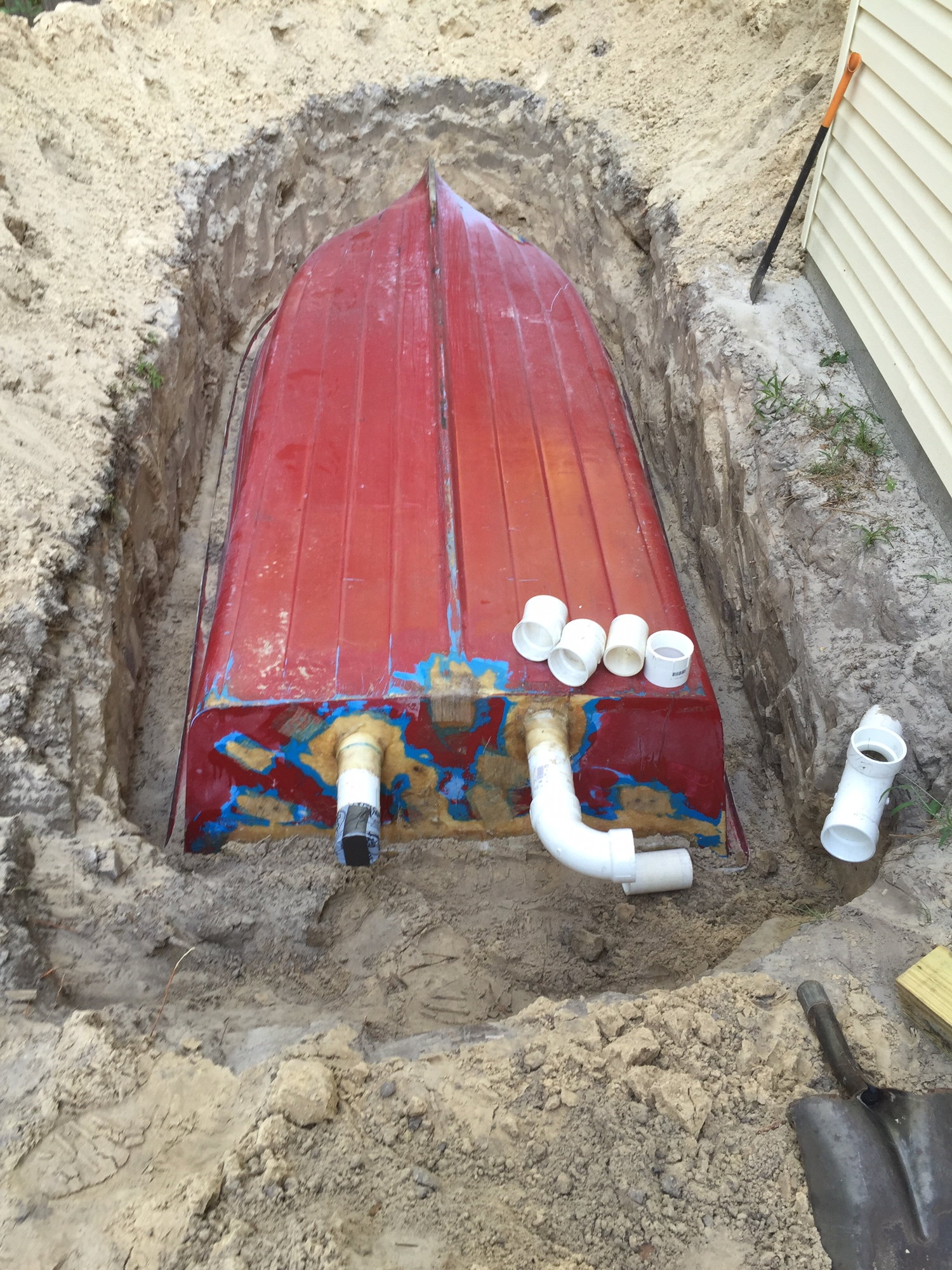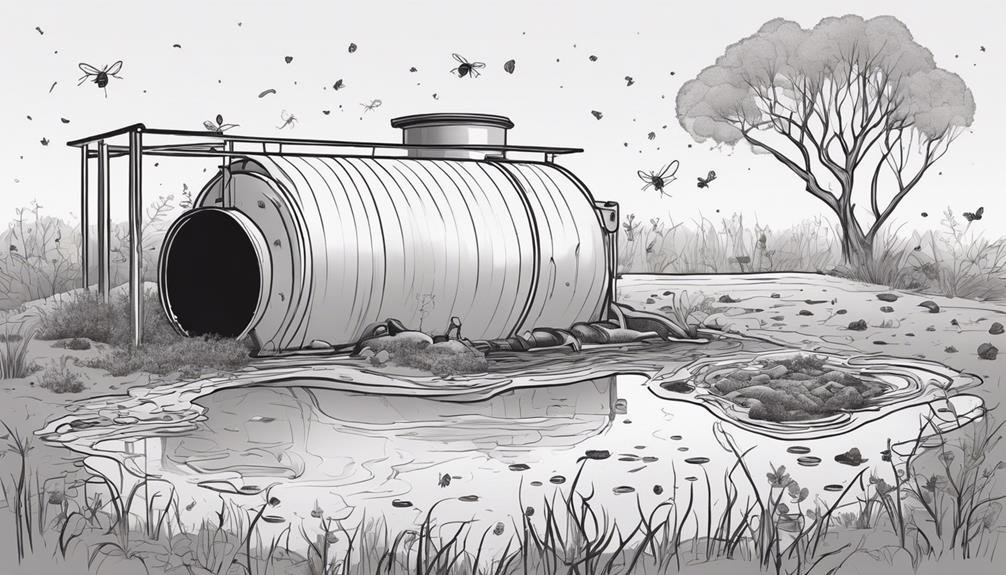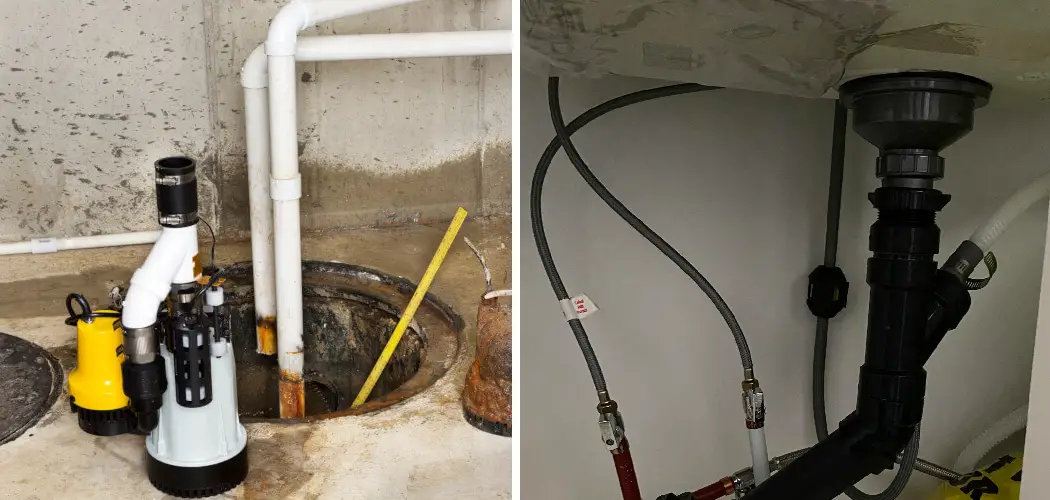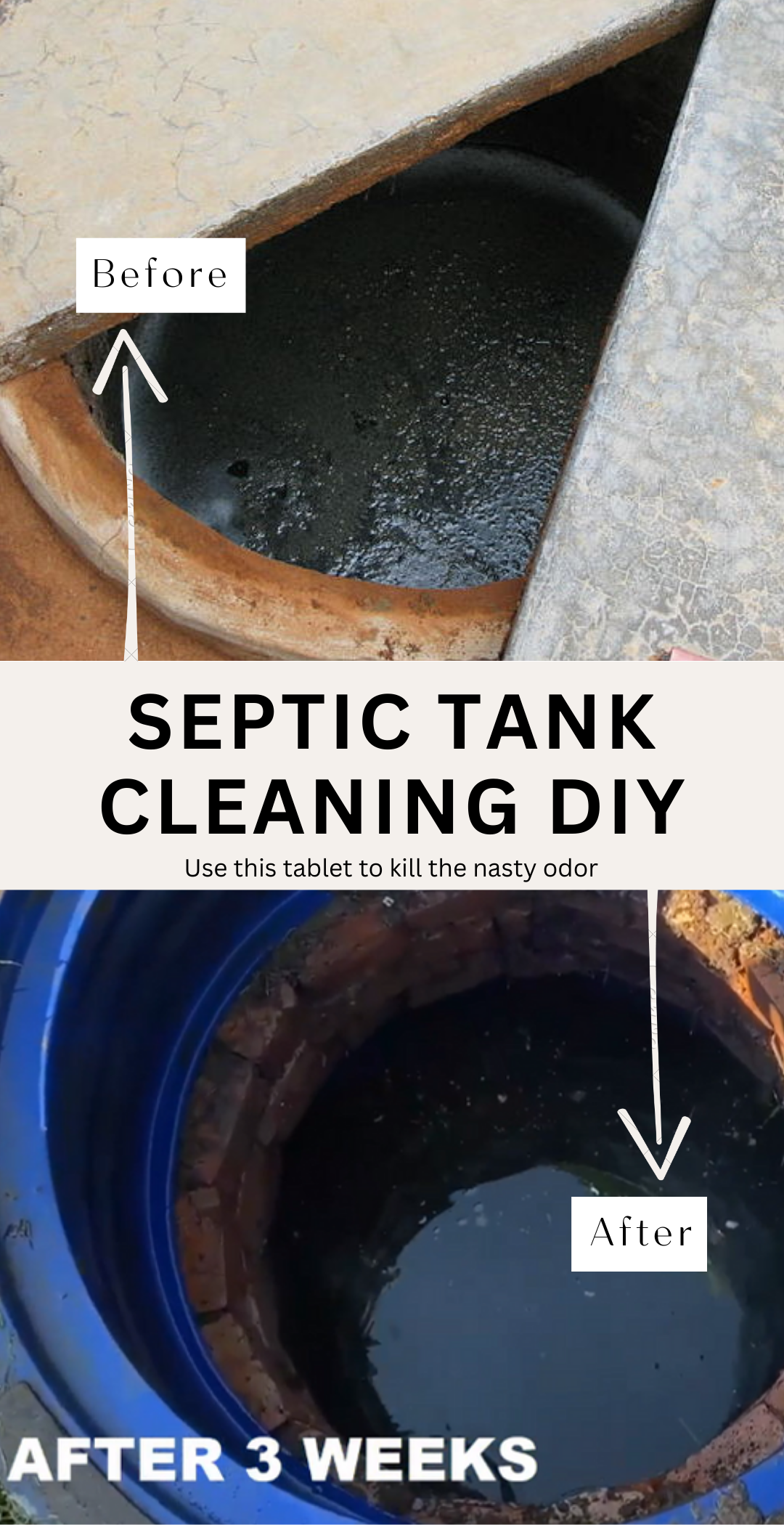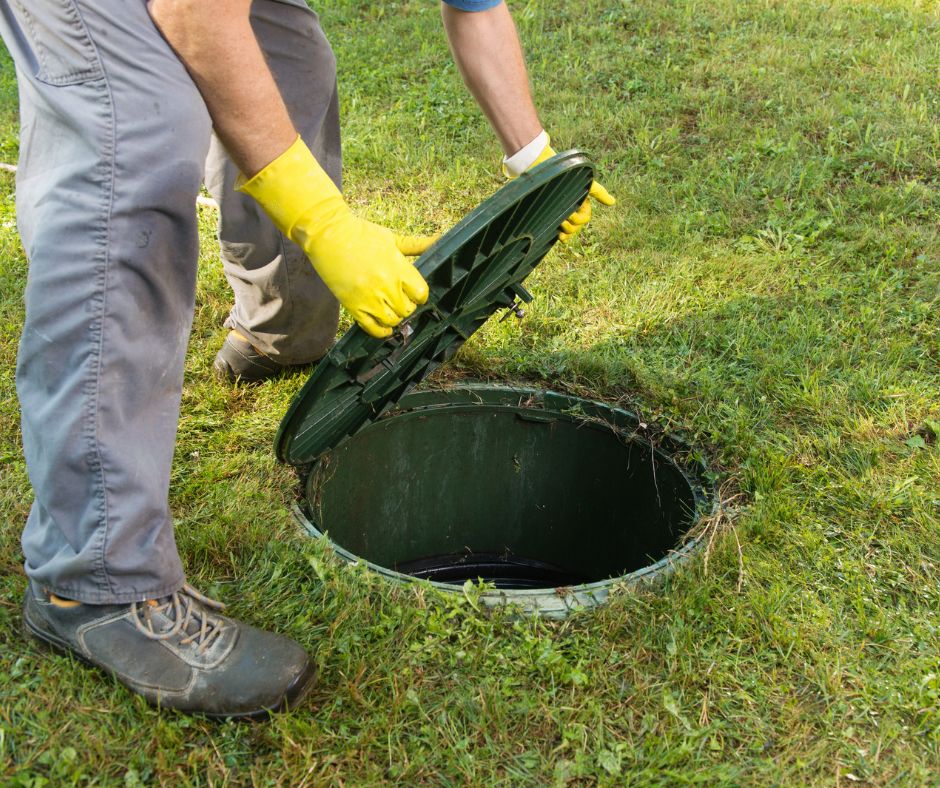
The Septic Tank Odor Eliminator That Saved My Home
Okay, let's be honest. Nobody wants to talk about septic tanks. They're gross, they're smelly, and they're the kind of thing you only think about when something goes horribly wrong. And let me tell you, something went horribly wrong at my house. For months, we were battling a truly horrific septic tank odor. I'm talking "you-can-smell-it-from-the-street" level of bad. It was embarrassing, it was making us sick, and it was threatening to completely ruin our lives. But then, I found the solution, and I'm sharing it with you because I don't want anyone else to go through what we did.
The Nightmare Begins
It started subtly. A faint, musty smell here and there. We initially dismissed it, blaming it on anything but the obvious: our septic system. We tried airing out the house, using air fresheners (which just masked the smell and made it worse), and even resorted to those plug-in things that supposedly neutralize odors. Nothing worked. The smell intensified, becoming a constant, pungent reminder that something was seriously wrong.
Then came the truly awful part. The smell started to permeate everything. Our clothes smelled, our furniture smelled, even our *food* seemed to have a subtle hint of sewage. We couldn't have guests over, we couldn't open windows, and we were starting to feel genuinely ill. Headaches, nausea, you name it â€" it was all linked to that dreadful, persistent odor. We were desperate.
Desperate Measures
We called plumbers, septic tank cleaning services, even a few "odor removal specialists" (who, honestly, seemed more like glorified air freshener salespeople). They all came, they all inspected, they all offered expensive solutions that didn't work. One suggested a ridiculously priced enzyme treatment that promised miracles but delivered only a temporary, almost imperceptible improvement. Another recommended a complete system replacement â€" a quote that nearly made me faint.
I was at my wit's end. I was ready to sell my house, move somewhere far, far away, and never look back. But then, while scrolling through endless online forums (yes, I even joined a septic tank owners group â€" don't judge!), I stumbled upon it: Bio-Septic-Cleanse.
The Bio-Septic-Cleanse Revelation
Bio-Septic-Cleanse isn't your typical chemical-laden septic tank treatment. It's a natural, bacteria-based product designed to break down waste efficiently and eliminate odors at the source. I was skeptical, of course. I'd tried so many things that hadn't worked, I figured this was just another expensive disappointment. But desperation, as they say, is a powerful motivator.
I ordered it online, and let me tell you, the wait felt like an eternity. I was obsessively checking the tracking information, practically refreshing the page every five minutes. When the package finally arrived, I felt a surge of both hope and trepidation. Would this be the miracle cure I'd been searching for, or just another wasted expense?
The Application Process
The instructions were straightforward. You simply pour the Bio-Septic-Cleanse powder directly into your toilet bowl. It's that simple. I followed the instructions meticulously, adding the recommended amount to the toilet and flushing. There wasn't much fanfare, no magic smoke, no dramatic transformations. Just a slow, steady feeling that perhaps, just perhaps, something might actually be happening.
The Amazing Transformation
The change wasn't instantaneous, but it was noticeable. Within a few days, the overwhelming stench began to lessen. It wasn't a complete disappearance overnight, but a gradual fading, a slow retreat of the foul odor that had been plaguing us for months. Within a week, the smell was almost entirely gone. Within two weeks, it was completely gone. I couldn't believe it. I actually had to sniff around to make sure it was real.
The relief was immense. It wasn't just the absence of the smell; it was the restoration of normalcy. We could open our windows again, have guests over, and, most importantly, breathe freely in our own home without fear of getting sick. We even started to enjoy our garden again, without constantly holding our breath.
More Than Just Odor Control
Beyond the elimination of the odor, Bio-Septic-Cleanse seemed to improve the overall efficiency of our septic system. The toilet flushed more effectively, and I haven't experienced any slow drainage issues since using the product. It truly seems to have revitalized the entire system.
My Recommendation
If you're struggling with a septic tank odor problem, I implore you to consider Bio-Septic-Cleanse. It saved my home, my sanity, and quite possibly my marriage. It's a relatively inexpensive solution compared to the cost of professional services or a system replacement, and the results are truly remarkable. I'm not exaggerating when I say it's a life-saver.
I know septic tank issues can be daunting, but there's hope. Don't let a smelly septic system ruin your life. Give Bio-Septic-Cleanse a try, and you might just be amazed by the results.
Commonly Asked Questions
- Q: How often should I use Bio-Septic-Cleanse? A: The manufacturer recommends using it every three to six months, depending on the size of your septic tank and your household's usage.
- Q: Is Bio-Septic-Cleanse safe for my septic system? A: Yes, it's designed to be safe and effective for all types of septic systems. It uses natural bacteria, not harsh chemicals.
- Q: Will it work if my septic tank is already overflowing? A: While it's primarily an odor eliminator and system enhancer, it's best to have an overflowing septic tank professionally addressed first. Bio-Septic-Cleanse is most effective for preventative maintenance and addressing mild odor issues.
- Q: Where can I buy Bio-Septic-Cleanse? A: I purchased mine online, but you may also find it at some home improvement stores. Check their website for retailers.
- Q: Is it expensive? A: Compared to the cost of professional septic services or a system replacement, it’s significantly more affordable. The peace of mind it provides is well worth the investment.
- Q: What if the smell comes back? A: While results are generally long-lasting, if the odor returns, it might indicate a larger problem with your septic system. Contact a professional for an inspection.



